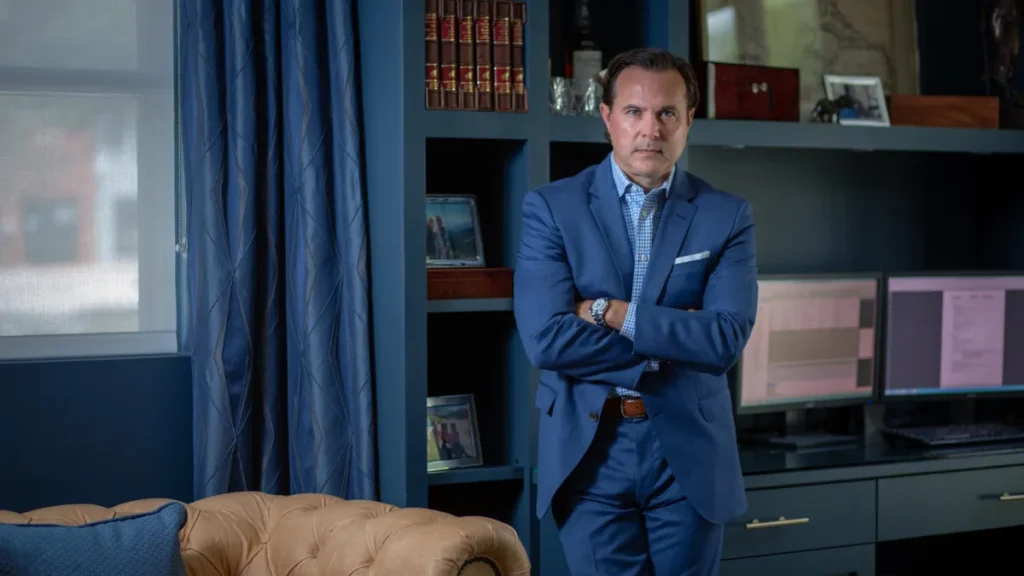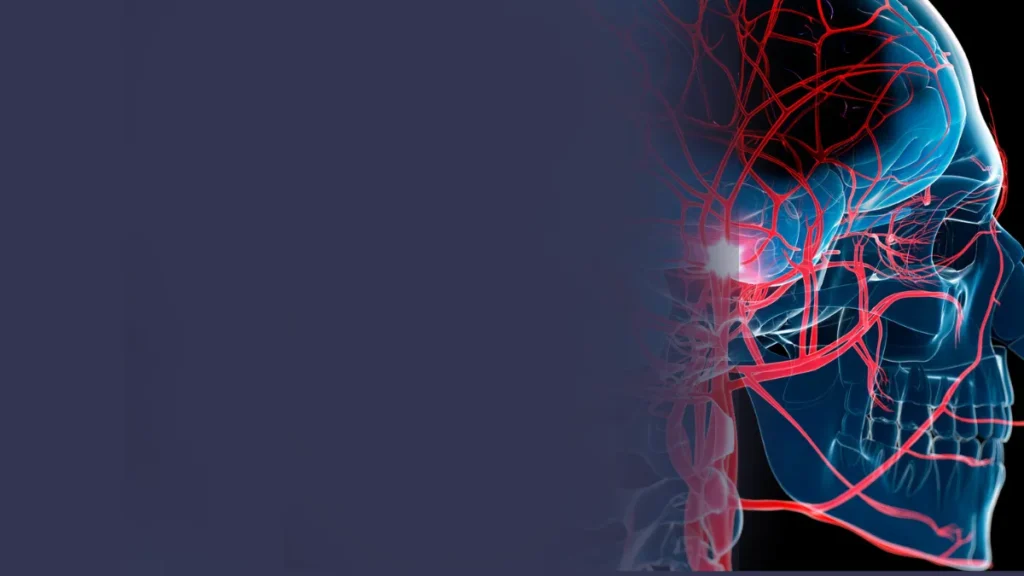
Trusted Daytona Beach Stroke Malpractice Lawyer — Bounds Law Group
A stroke is a medical emergency requiring immediate and accurate diagnosis to prevent severe brain damage, permanent disability, or death. When a stroke is misdiagnosed or mistreated, the consequences can be devastating for patients and their families. If you or a loved one has suffered harm due to a stroke misdiagnosis, you need a trusted advocate on your side. At Bounds Law Group, an experienced Daytona Beach stroke malpractice lawyer is dedicated to helping victims secure justice and compensation for preventable medical errors.
Contact us today through our free case evaluation form or call 877-644-5122.
What Is Stroke Malpractice?
Stroke malpractice occurs when a healthcare provider fails to properly diagnose, treat, or respond to stroke symptoms, breaching their standard of care and causing injury or death. Examples of malpractice include:
- Misinterpreting or ignoring stroke symptoms
- Delays in ordering or reviewing critical diagnostic tests such as CT or MRI scans
- Failure to administer clot-busting drugs like tPA within the critical treatment window
- Misdiagnosing stroke as other less urgent conditions (migraine, intoxication, hypoglycemia)
Such errors can result in irreversible brain damage, long-term disability, or death. When malpractice causes these outcomes, victims may be entitled to pursue a legal claim.
Common Causes of Stroke Misdiagnosis
Stroke diagnosis is complex and time-sensitive, but several factors frequently contribute to misdiagnosis, including:
- Overburdened or inexperienced emergency room staff
- Lack of immediate access to or improper use of diagnostic imaging
- Failure to involve neurologists or specialists in the evaluation
- Misreading or delay in reviewing radiological scans
- Stereotyping patients based on age or perceived risk, leading to dismissal of symptoms
Every minute a stroke is untreated, millions of brain cells die. A timely, accurate diagnosis can mean the difference between full recovery and permanent disability.
Types of Stroke and Why Proper Diagnosis Matters
Stroke types must be correctly identified to ensure appropriate treatment:
Ischemic Stroke
The most common type, caused by a blood clot blocking blood flow to the brain. Treatment often includes timely administration of tPA, which dissolves clots and minimizes damage.
Hemorrhagic Stroke
Caused by bleeding in or around the brain due to a ruptured blood vessel. This type requires completely different treatment and administering clot-busting drugs can be fatal.
Mistaking one stroke type for another leads to wrong treatment, worsening injury or death—underscoring the importance of precise diagnosis.

Signs of Stroke Often Ignored or Misinterpreted
Healthcare providers use the FAST acronym to quickly recognize stroke symptoms:
- Face drooping
- Arm weakness
- Speech difficulty
- Time to call 911
However, strokes often present with atypical symptoms, especially in women, elderly patients, or younger individuals, such as:
- Sudden vision changes
- Confusion or trouble understanding speech
- Severe unexplained headaches
- Dizziness, loss of coordination or balance
Failure to recognize these signs often results in dangerous misdiagnosis and delays in life-saving treatment.
Challenges in Proving Stroke Malpractice and How We Overcome Them
Proving a stroke malpractice claim is often difficult due to the complexity of stroke symptoms and timing. Medical providers may argue symptoms were unclear or that treatment delays would not have changed outcomes.
Our Daytona Beach stroke malpractice lawyer at Bounds Law Group specializes in overcoming these challenges by:
- Employing medical experts to reconstruct the timeline and identify breaches of care
- Using forensic analysis of medical records, imaging, and protocols
- Anticipating and countering common defenses with detailed, evidence-backed arguments
This thorough approach strengthens your claim and increases the chance of obtaining full compensation.
Legal Requirements for a Stroke Malpractice Claim in Daytona Beach
To succeed in a malpractice lawsuit, we must establish:
- Duty of Care: The medical provider had an obligation to deliver competent treatment.
- Breach of Duty: They failed to meet the accepted medical standard.
- Causation: This breach directly caused harm or worsened the stroke outcome.
- Damages: The injury resulted in financial, physical, or emotional losses.
Our legal team at Bounds Law Group meticulously gathers and presents all necessary evidence to meet these elements and protect your rights.

Compensation You May Be Entitled To
Stroke malpractice victims can pursue compensation for:
- Past and future medical expenses
- Lost income and reduced earning capacity
- Pain, suffering, and emotional distress
- Long-term rehabilitation and disability care
- Loss of consortium or wrongful death damages in fatal cases
We fight aggressively to maximize your recovery and ease the burden of your injury.
Why Choose Bounds Law Group for Your Stroke Malpractice Case?
With decades of experience handling complex medical negligence claims, Bounds Law Group is a proven leader in representing stroke malpractice victims across Florida. Our commitment to compassionate, personalized service and aggressive litigation sets us apart. We never represent healthcare providers or insurers — only victims and their families.
Clients benefit from:
- Expert legal guidance tailored to stroke malpractice cases
- Collaboration with top medical specialists
- Transparent communication and no fees unless we win your case
Start Your Journey Toward Justice Today
If you or a loved one has suffered due to stroke misdiagnosis, don’t delay. Contact our trusted Daytona Beach stroke malpractice lawyer for a confidential review of your case. Complete our free case evaluation form or call us now at 877-644-5122 to take the first step toward justice and compensation.
Sources
- American Stroke Association — Comprehensive information on stroke symptoms, diagnosis, and treatment standards.
https://www.stroke.org - National Institutes of Health (NIH) — Authoritative research on stroke management and complications of misdiagnosis.
https://www.nih.gov - PubMed Central (U.S. National Library of Medicine) — Peer-reviewed articles and case studies related to stroke malpractice.
https://www.ncbi.nlm.nih.gov/pmc

